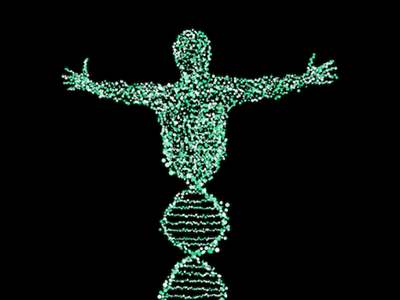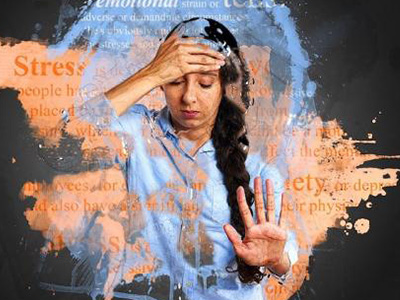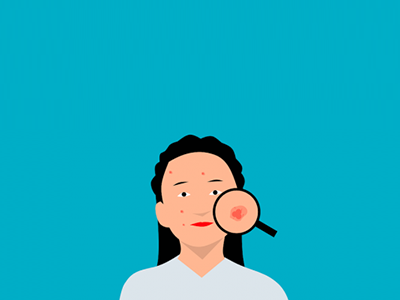Learn about the basics of low testosterone and erectile dysfunction (ED), including causes and treatments!
Low-T:
Androgens are male hormones which regulate both physical and mental characteristics of men. As men age, androgen levels diminish, beginning in their 40’s. The concept of “andropause” is not well understood, but unlike menopause, the drop in hormone levels is gradual and symptoms may be subtle. Symptoms include physical changes as well as psychiatric ones. Men can experience a loss of muscle mass, increase in abdominal weight or circumference, decreased energy levels, poor erections and a decrease in seminal volume. They can also develop low sexual desire, depression, anxiety and irritability. Low testosterone has also been associated with lower high-density cholesterol (HDL) levels, an increase in total body fat, and lower bone density (or osteoporosis).
It is important to diagnose androgen deficiency or low-T syndrome as it can affect not only a patient's overall health but also his quality of life. Testosterone replacement can most effectively be done through injections, patches, and gels. Injections are usually given monthly or quarterly. However, they cause a surge once given and gradually diminish to abnormally low levels before the next injection. This “roller coaster” effect can be minimized through patches and gels which deliver a more consistent level to the patient. Injections are usually less expensive and covered by most insurance plans. Men on androgen replacement should be monitored not only for their testosterone, but also cholesterol levels, red blood cell levels, estrogen levels, as well as prostate cancer. Contrary to previous beliefs, testosterone does not cause prostate cancer. However, if prostate cancer is already present, testosterone can help it grow.
ED
What is erectile dysfunction?
Erectile dysfunction, also known as ED or impotence, is defined as the inability to attain and maintain an erection such that sexual intercourse is possible. Not being able to maintain an erection from time to time is normal, but consistently having this issue may mean you are suffering from ED.























